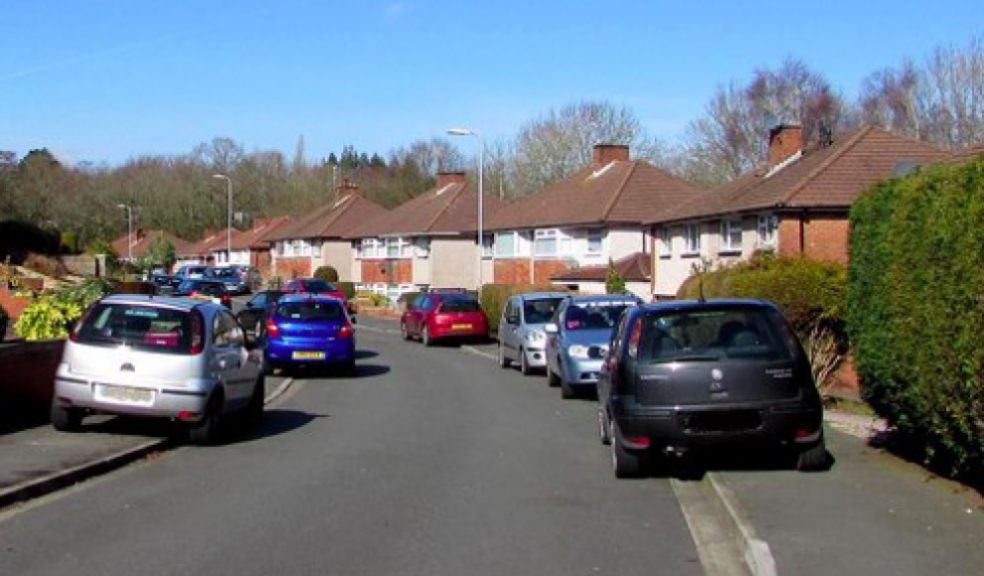
Devon welcomes new report calling for pavement parking ban
A new Government report calling for a nationwide ban on pavement parking has been welcomed by Devon County Council.
The Transport Committee is recommending that a new civil offence of obstructive pavement parking is created, and that enforcement becomes the responsibility of local authorities.
The report states that in the long term a ban on pavement parking should be put in place across England, outside of London where pavement parking has been banned since 1974. It says the Government “must act” to improve the situation across the rest of England. However, it accepts it is not something that can happen quickly.
The Committee is recommending the Government launch an awareness campaign on the issue, and that a full consultation is held with local authorities about how to make the process of enforcement easier and more cost effective.
The Government has been looking at the issue of pavement parking since 2015 and the Transport Committee’s report criticises the Department for Transport saying action “to tackle the problem of pavement parking has been slow”, leaving some communities “blighted by unsightly and obstructive pavement parking”.
It states that people with mobility difficulties, visual impairments and those who care for others are adversely affected by pavement parking.
Devon County Council was among those to submit written evidence to the committee, describing how the issue remained a major safety concern for Devon residents with reports of pavement parking in over 120 communities in the county last year.
Councillor Stuart Hughes, Devon County Council Cabinet Member for Highway Management, said: “We’ve been calling for some time now for local Councils to be given the powers to tackle pavement parking and I’m pleased to see that this new report agrees with that. We were among those to submit evidence to the Committee and it appears our comments have been taken on board.
“Pavement parking affects people’s safety and impacts on some of the most vulnerable pedestrians. It also damages our pavements, often leaving cracked slabs which pose further safety problems. However, there are currently no specific powers for our Civil Parking Enforcement Officers to enforce 'obstruction' of highways or footways. Hopefully this new report moves us a step closer to finally being able to deal with this issue on our local roads.”

















